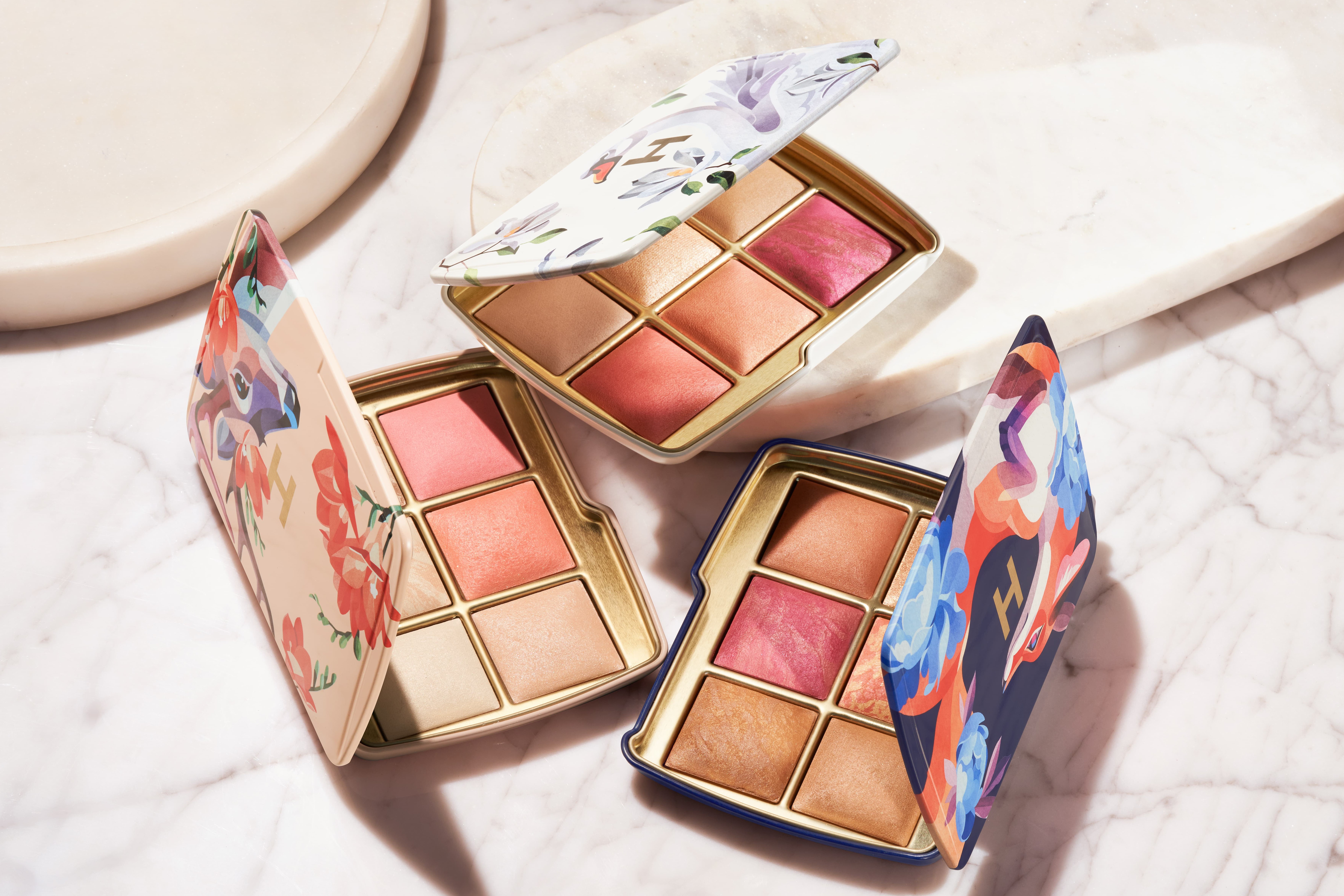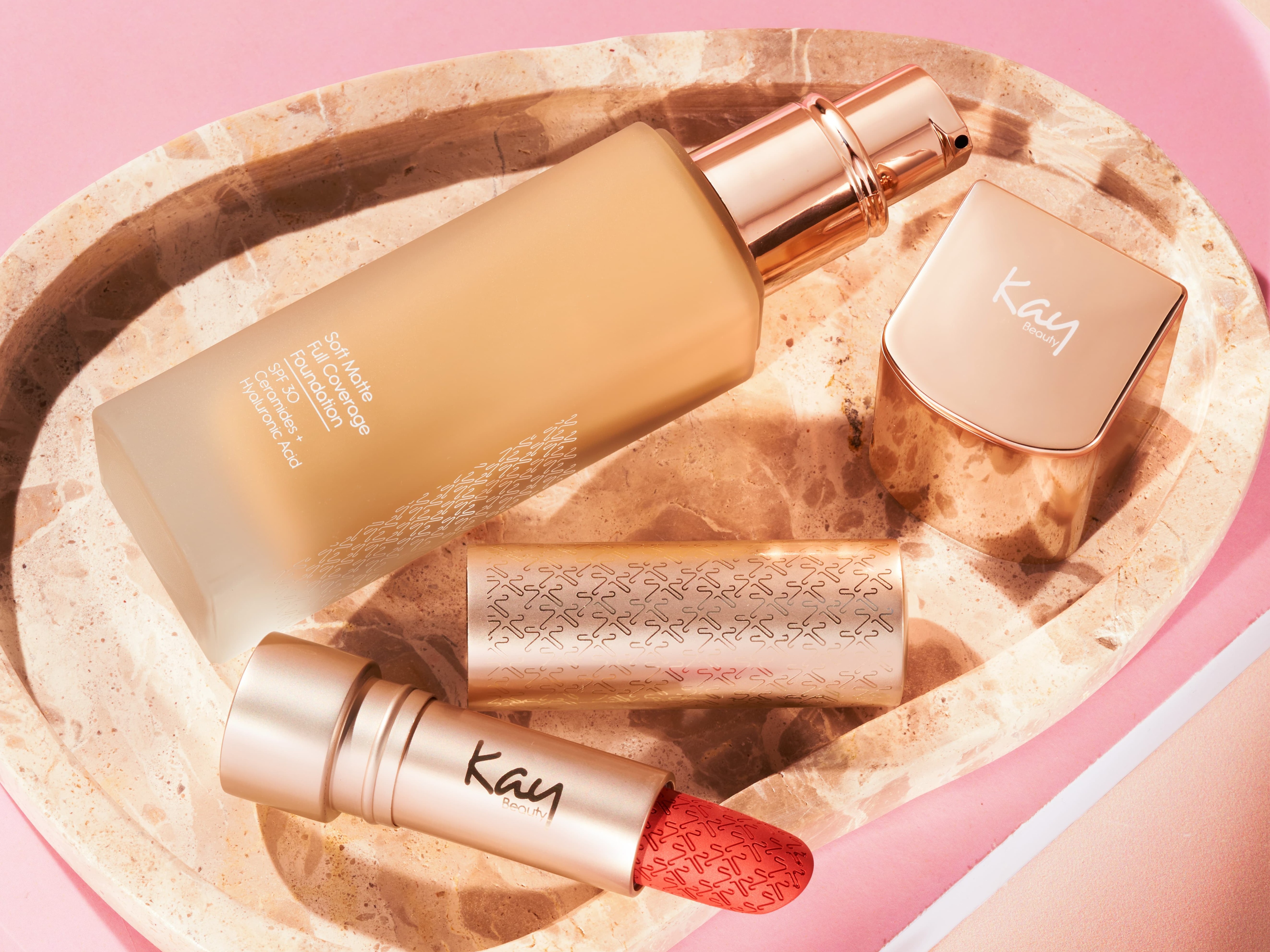
Let’s face it, with a myriad cleansing, moisturising and toning to contend with, our beauty regimes can take up enough time without having to figure out how to deal with spots on our bodies too. However, body acne is a real concern for many and has multiple causes; everything from warmer weather and sweaty gym classes to the products you’re using in the shower can all contribute to body breakouts. The good news though is that it’s totally treatable. Here’s what you need to know…
What Is Body Acne?
Body acne is caused by the same things that trigger facial acne, overactive sebaceous glands, clogged hair follicles as well as a build-up of dead skin cells and can manifest as anything from mild body acne (bumps and pimples) to black and whiteheads and more stubborn-to-shift cystic spots. While they frequently appear on the back, upper arms, neck and chest area you’re most likely to find them on the back, chest and bottom.
Why Am I Getting Body Acne?
The reason you can be more prone to getting pimples and breakouts in these areas is because they tend to have more hair follicles and sebaceous glands and when they get clogged, it causes breakouts. “Unfortunately, the back, bottom and chest areas are brilliant breeding grounds for bacteria as they’re typically clothed, so the skin can’t breathe as easily,” explains says brand founder and dermatologist Dr Gary Goldfaden. There are a few other factors that could be contributing to your flare-ups too. Anything from wearing restrictive exercise gear that doesn’t allow your skin to ‘breathe,’ skipping your shower post-spin class, heavily fragranced body washes and shampoos, pore-clogging sunscreens and even the weather (the sun can dry out the skin causing your oil-glands to over produce, leading to pimples).
How Can I Prevent Body Acne?
“Exfoliation is a must! It clears up existing oil and bacteria, removes dead and dry skin cells and inhibits future breakouts – as well as helping to fade post-acne scarring,” says Dr Goldfaden. When you shower, switch the artificially fragranced gels for something simpler and acid-based to kill off acne-causing bacteria. Even better wash your body after you shampoo and condition your hair because conditioner can leave a residue on your skin which can lead to clogged-up pores. Wearing loose-fitting clothing will allow more air to circulate around your body preventing sweat and bacteria from building up and showering immediately after working out (use a wipe like the genius Anthony Shower Sheets to clean skin if showering is not an option) rather than sitting at your desk in a sweaty gym vest will all help too. In the summer, opt for non-comedogenic sunscreens that won’t block pores and lastly, always remember to wash and change your sheets every week so that bacteria doesn’t get a chance to bed in.
What Should I Use to Treat Body Acne?
The good news is that because the skin on the back is tougher and thicker than the face, you can use products with more hard-hitting actives. “Products that contain lactic acid, salicylic or glycolic acid cleanse deep into your pores and allow the bonds between dead skin cells to break down and let go,” says Dr Goldfaden. If you can’t find body products containing these kinds of acids, there’s no harm in using something that’s meant for your face on your body too. Targeted treatments like Kate Somerville EradiKate Salicylic Acid Spot Treatment and even masks can be applied directly onto blemishes, as can your concealer too if you need it. Just make sure to dab on with your fingers rather than directly on to the skin to prevent spreading bacteria. If you’ve tried everything and are still struggling with spots or developing scars, it’s best to see a dermatologist for advice as they may be able to suggest an oral prescription or a laser body treatment to reduce scarring.
What Should I Avoid If I Have Body Acne?
If you’re using heavy body lotions, oils and serums you may need to switch them out, at least until your breakouts subside. Rich body creams can lay flat on the skin as opposed to absorbing in and can leave behind a residue that contributes to clogged pores. It’s also important to go fragrance-free – whether that’s with your body wash, laundry detergent or body spray – as the skin can get irritated from the detergents on the clothing. And whatever you do, avoid squeezing any spots; you’ll not only risk transferring bacteria from your hands to the skin, but squeezing also causes inflammation and redness and in some cases, scarring.




.jpg)









